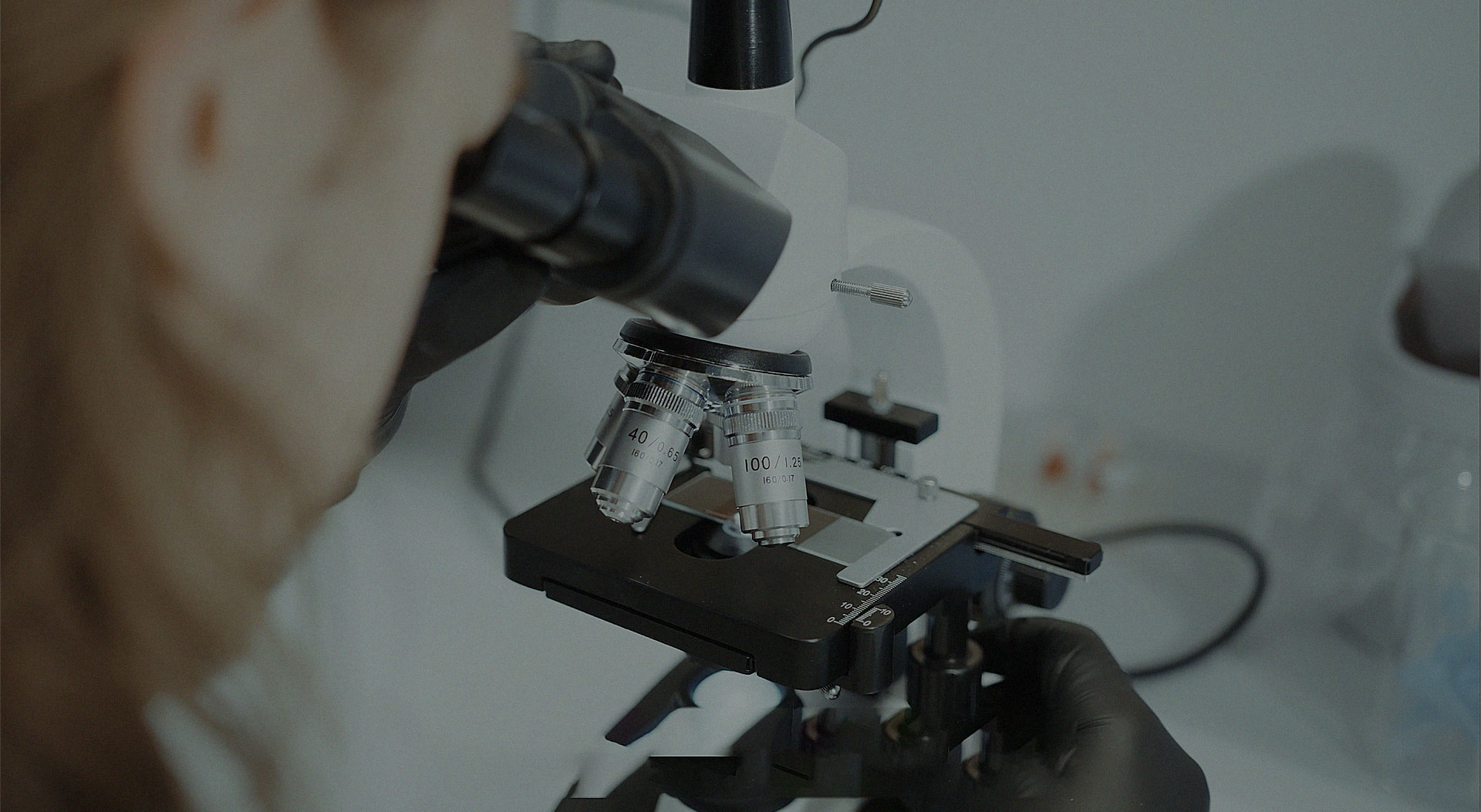Join us as we begin our journey in the United States
Come February 2026, the Nordic spirit of Ecosh will arrive in the U.S,
aligning more people with their true nature.
Come February 2026, the Nordic spirit of Ecosh will arrive in the U.S,
aligning more people with their true nature.
Be among the first
to experience Ecosh and receive an exclusive offer on launch day.
to experience Ecosh and receive an exclusive offer on launch day.
Inspired by nature, backed by science
Our high-quality, pure products are crafted using ancestral plant wisdom, modern science and honest intention - from herbal blends to probiotics, enzymes, vitamins, oils and minerals.
Our high-quality, pure products are crafted using ancestral plant wisdom, modern science and honest intention - from herbal blends to probiotics, enzymes, vitamins, oils and minerals.

